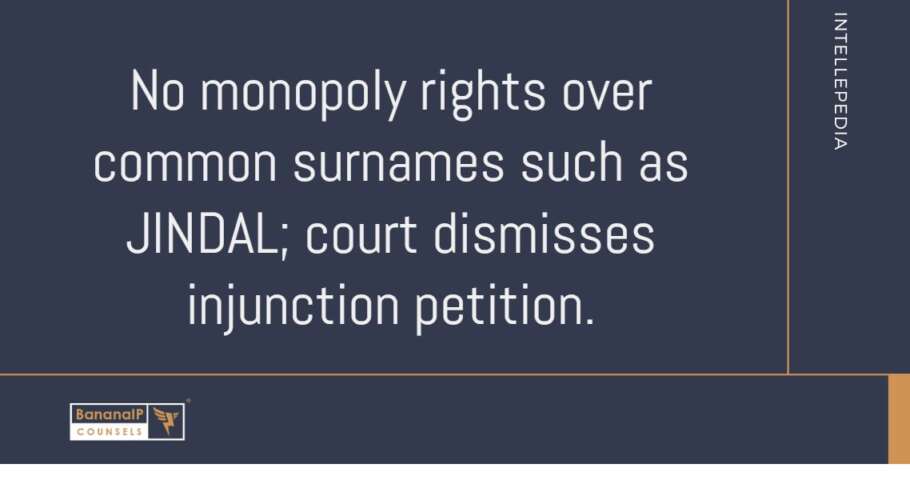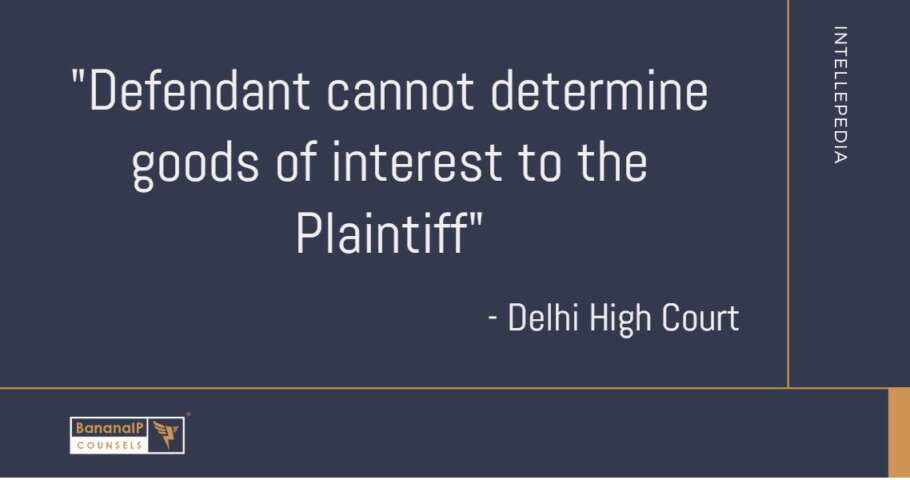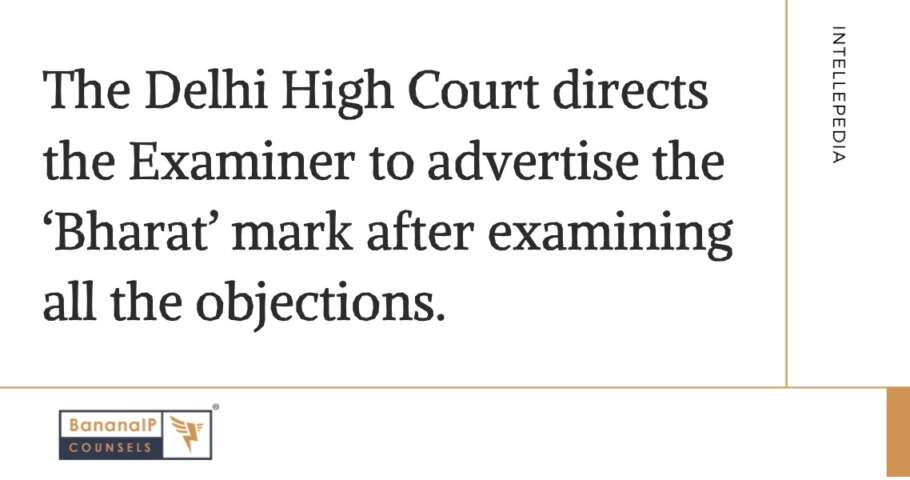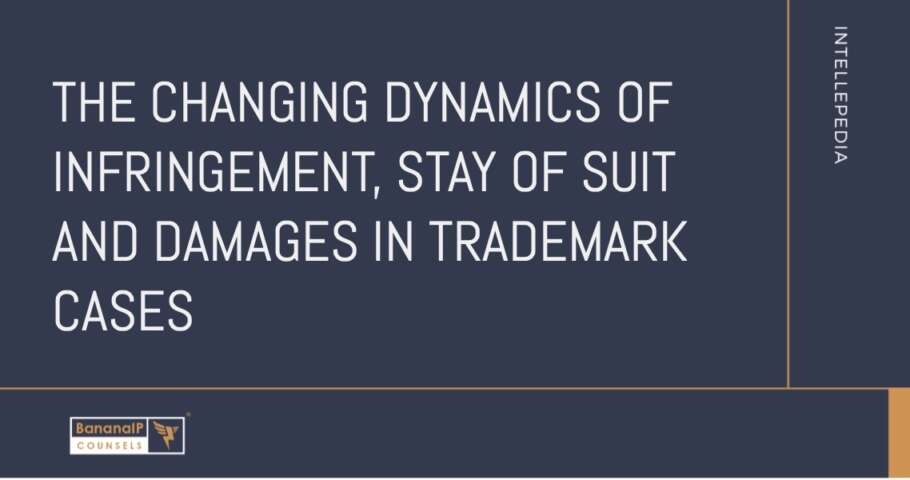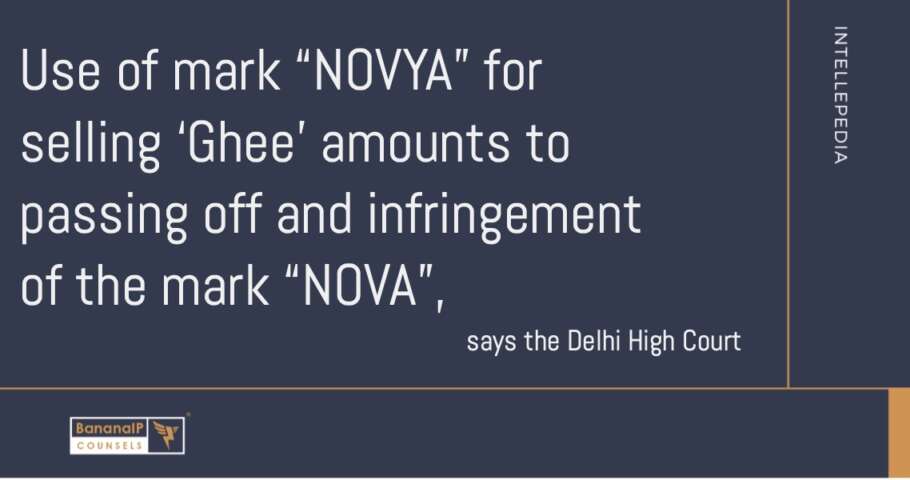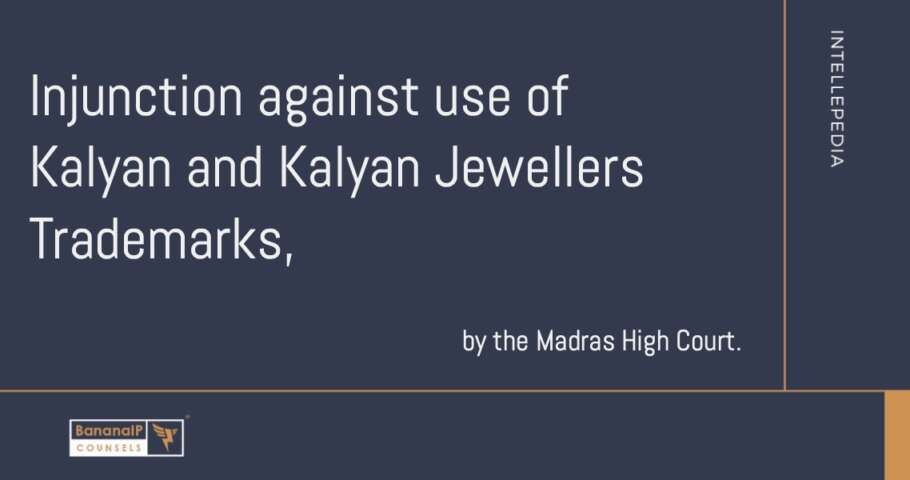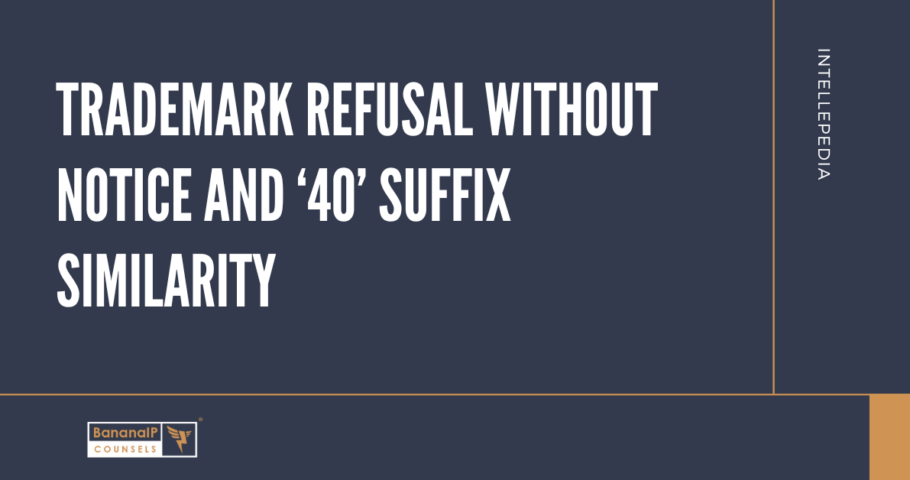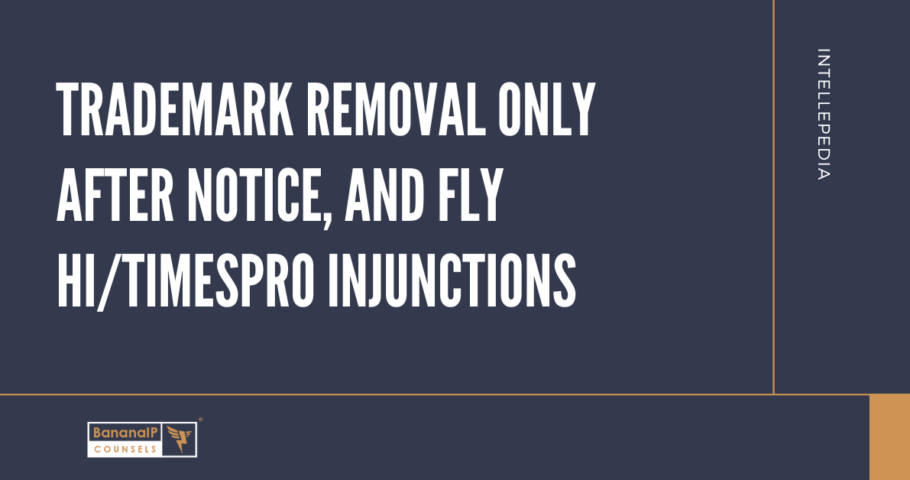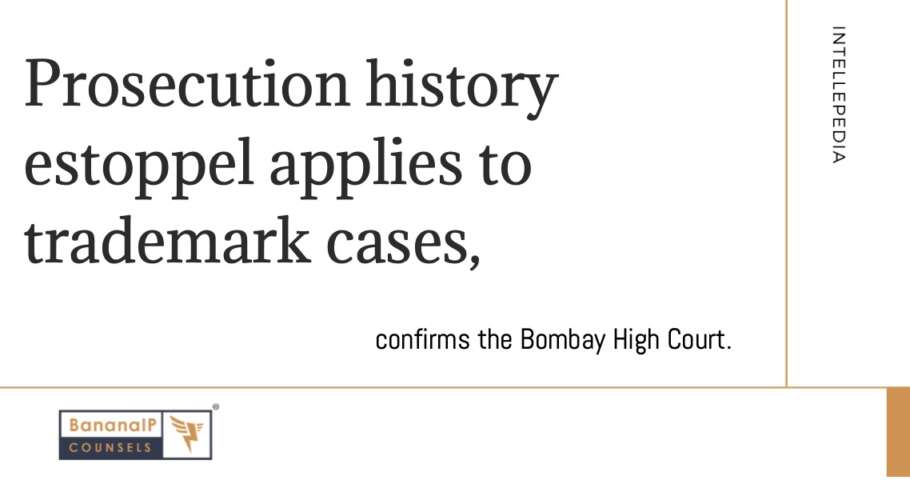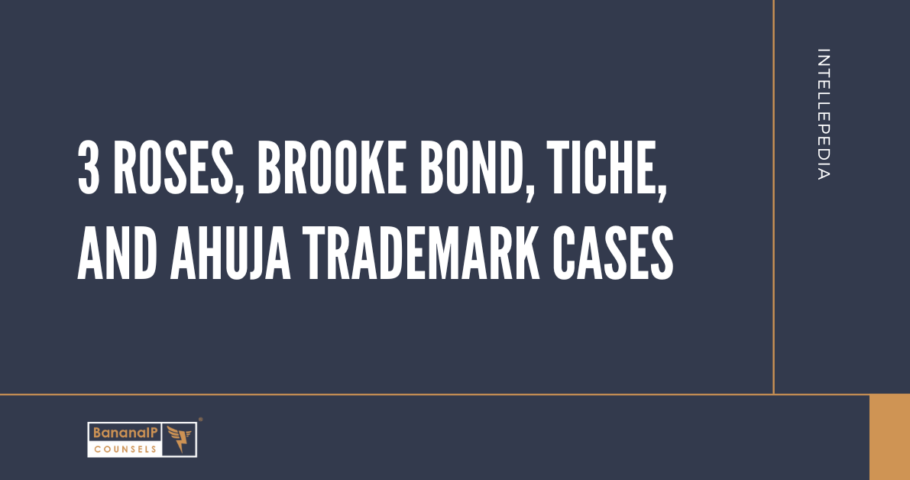The Delhi High Court while deciding an application for interim injunction, held that the defendants did not infringe the plaintiff’s registered trademarks or pass off its products as those of the Plaintiff.
The Plaintiff, instituted a civil suit, against Defendant 1, Suncity Sheets Pvt. Ltd. ("SSPL"), and Defendant 2, Rachna Nitin Jindal, wife of Nitin Kumar Jindal, Manager of SSPL, based on its rights over the word mark “JINDAL” registered in classes 6 and 17. The Plaintiff’s case was that the…
